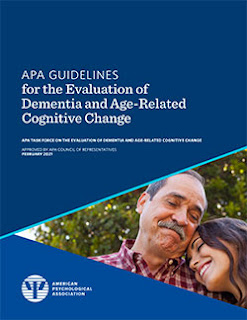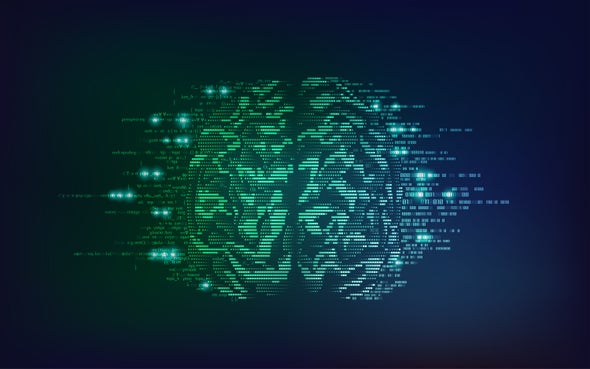Vol. 54, No. 3
Print Version: Page 40
Updated APA guidelines are now available to help psychologists evaluate patients with dementia and their caregivers with accuracy and sensitivity and learn about the latest developments in dementia science and practice.
APA Guidelines for the Evaluation of Dementia and Age-Related Cognitive Change (PDF, 992KB) was released in 2021 and reflects updates in the field since the last set of guidelines, released in 2011, said geropsychologist and University of Louisville professor Benjamin T. Mast, PhD, ABPP, who chaired the task force that produced the guidelines.
“These guidelines aspire to help psychologists gain not only a high level of technical expertise in understanding the latest science and procedures for evaluating dementia,” he said, “but also have a high level of sensitivity and empathy for those undergoing a life change that can be quite challenging.”
Major updates since 2011 include:
Discussion of new DSM terminology. The new guidelines discuss changes in dementia diagnosis and diagnostic criteria reflected in the most recent version of the Diagnostic and Statistical Manual of Mental Disorders (Fifth Edition). In particular, the DSM-5 changed the term “dementia” to “major neurocognitive disorder,” and “mild cognitive impairment” to “minor neurocognitive disorder.” As was true with earlier nomenclature, providers and others amend these terms depending on the cause or causes of the disorder, for example, “major neurocognitive disorder due to traumatic brain injury.” That said, the terms “dementia” and “mild cognitive impairment” are still widely used in medicine and mental health care.
Discussion of new research guidelines. The new guidelines also discuss research advances in the field, in particular the use of biomarkers to detect various forms of dementia. Examples are the use of amyloid imaging—PET scans with a radio tracer that selectively binds to amyloid plaques—and analysis of amyloid and tau in cerebrospinal fluid. While these techniques are still mainly used in major academic medical centers, it is important for clinicians to know about them because they may eventually be used in clinical practice, said Bonnie Sachs, PhD, ABPP, an associate professor and neuropsychologist at Wake Forest University School of Medicine. “These developments change the way we think about things like Alzheimer’s disease, because they show there is a long preclinical asymptomatic phase before people start to show memory problems,” she said.










